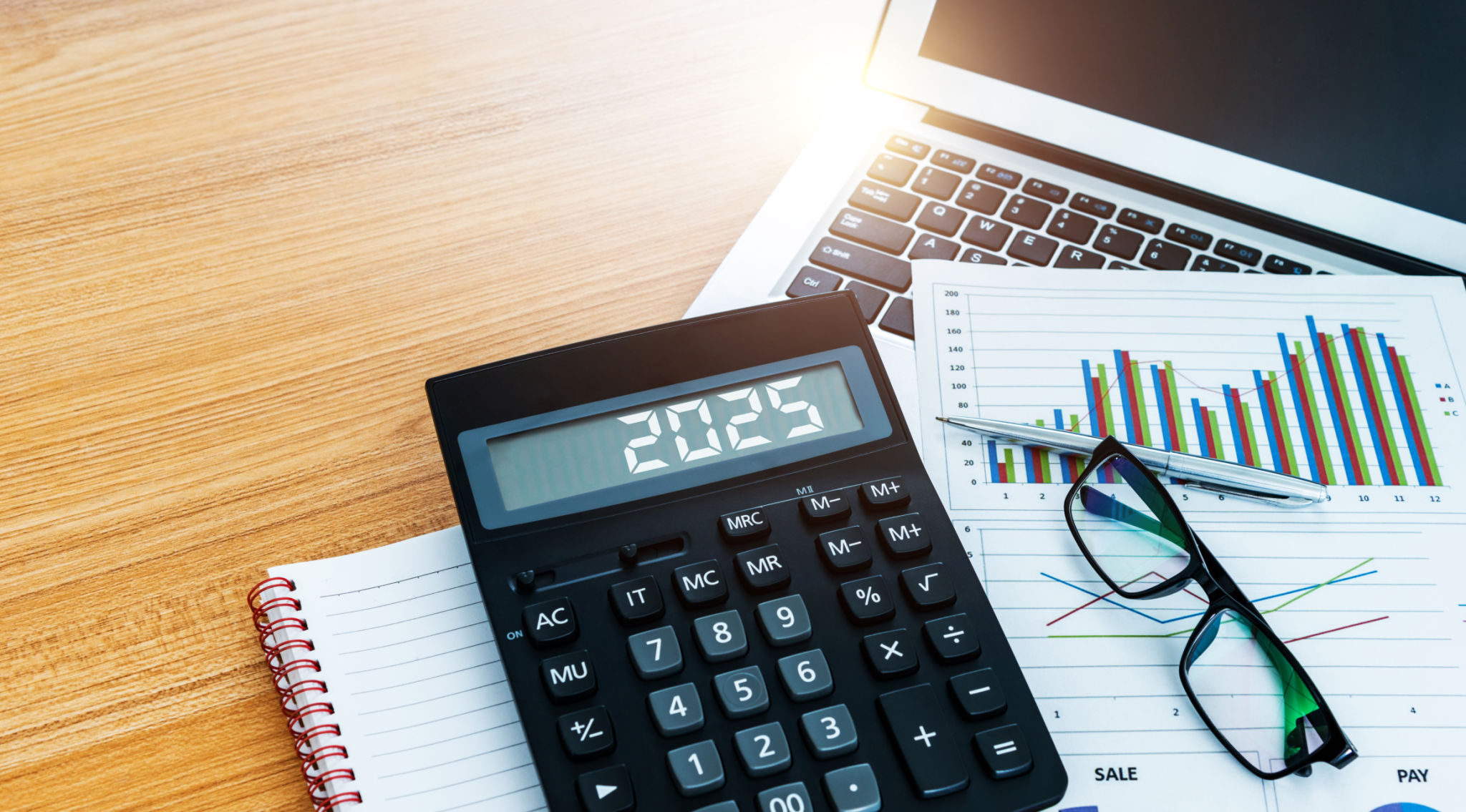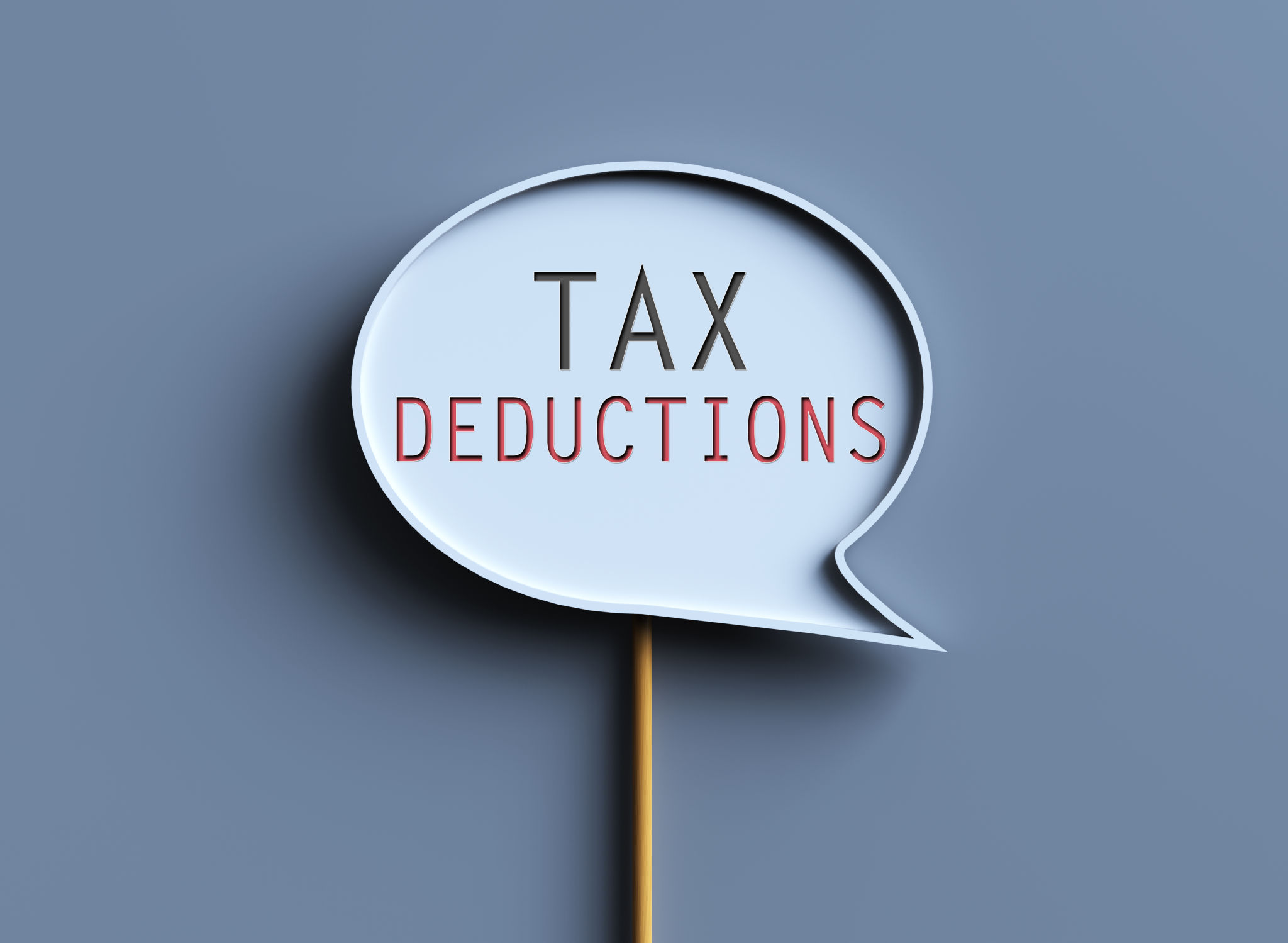Seasonal Tax Preparation Tips for De Pere Residents
Understanding Your Tax Obligations
As the tax season approaches, it's essential for De Pere residents to get a head start on preparing their taxes. Understanding your tax obligations can help you avoid last-minute stress and potential penalties. For instance, knowing the deadlines and the specific documents required can streamline your preparation process.
Before diving into the paperwork, take time to review any changes in tax laws that might affect your filing. Staying informed about these changes ensures you’re compliant and optimizing your return. Consider consulting a local tax professional who is familiar with Wisconsin's specific tax requirements for personalized advice.

Organizing Your Documents
One of the most crucial steps in tax preparation is organizing your documents efficiently. Start by gathering all necessary forms, such as W-2s, 1099s, and any relevant receipts. Maintaining a well-organized system can make the filing process smoother and faster.
Here are some tips to keep your documents in order:
- Create a dedicated folder or digital storage system.
- Label documents by category and year for easy retrieval.
- Keep track of deductible expenses throughout the year to avoid missing out on potential savings.

Maximizing Deductions and Credits
To make the most of your tax return, it's important to understand which deductions and credits you qualify for. Common deductions include mortgage interest, student loan interest, and charitable contributions. Additionally, tax credits such as the Child Tax Credit or Earned Income Tax Credit can significantly reduce your tax liability.
If you have recently made energy-efficient improvements to your home or paid for educational expenses, you might be eligible for additional credits. Make sure to keep all relevant documentation to support any claims you make on your tax return.

Using Tax Software
Many residents find that using tax software can simplify the filing process. These programs typically offer step-by-step guidance, ensuring all necessary forms are completed correctly. They also help identify potential deductions and credits you might have overlooked.
If you're tech-savvy, consider exploring different software options that best fit your needs and budget. Some programs offer free versions for simple returns, while others provide more comprehensive services at a cost. Regardless of your choice, ensure that any software you use is up-to-date with current tax laws.
Seeking Professional Assistance
For those who prefer a more hands-off approach or have complex financial situations, hiring a professional tax preparer might be the best option. A local expert familiar with state and federal tax codes can provide valuable insights and ensure accuracy in your filing.
When selecting a tax professional, consider their credentials, experience, and reviews from other clients. Communicate openly about your financial situation so they can offer tailored advice and strategies for optimizing your return.

Planning Ahead for Next Year
Once you've successfully filed this year's taxes, start planning for the next year. Keeping track of key financial events, such as major purchases or changes in income, will make future tax preparation less daunting. Regularly updating your financial records will ensure you’re always ready when tax season rolls around again.
Consider setting aside time each month to review your financial standing and make any necessary adjustments. This proactive approach will not only ease the burden of annual tax preparation but also help you build a more secure financial future.